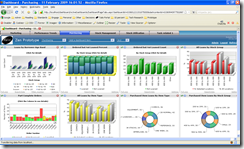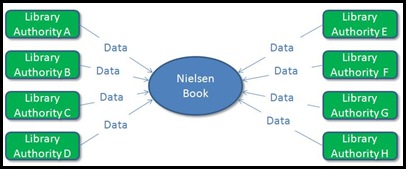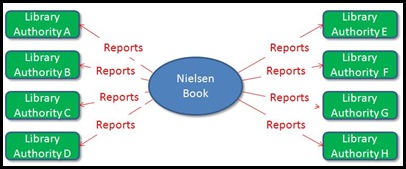Zen – Many thanks
Over the last few months we have consulted extensively on the subject of Management Information under the heading of Project Zen.
 This research project was aimed at developing a prototype to validate the demand for a new dashboard-style application for Talis Alto customers. I want to thank everyone who provided input into this valuable exercise. Our conclusion based on feedback indicates that whilst there is interest in this approach, there would probably not be widespread demand for a product, given the development cost and thus price points. Consequently we will not be moving this research project into a product at this time.
This research project was aimed at developing a prototype to validate the demand for a new dashboard-style application for Talis Alto customers. I want to thank everyone who provided input into this valuable exercise. Our conclusion based on feedback indicates that whilst there is interest in this approach, there would probably not be widespread demand for a product, given the development cost and thus price points. Consequently we will not be moving this research project into a product at this time.
However, we also found a strong interest in customers getting more value from their current Talis Decisions application, so we will be focusing our efforts in areas such as aggregating additional data sources from related applications such as PC bookings, and reviewing what we offer through Consultancy to help customers set up Business Objects to meet their reporting requirements.





Recent Comments